Boilers
When delving into the world of boilers, one embarks on a journey to understand a pivotal component in the comfort and functionality of homes and buildings alike. Boilers, complex yet indispensable, play a critical role in heating solutions across a wide array of environments. Far beyond their basic conception, the modern boiler embodies innovation and efficiency, catering to the diverse needs of both residential and commercial spaces. A boiler works by heating water to produce steam or hot water, which is then circulated through pipes to radiators or underfloor heating systems to warm a space. But today’s boilers offer much more than warmth. With advancements in technology, boilers have become energy-efficient powerhouses, capable of reducing utility bills and minimizing environmental impact. From gas-fired and oil-fired boilers to electric and biomass boilers, the variety available ensures there's a perfect match for every setting. Choosing the right boiler is paramount. Factors like the size of the space, energy efficiency ratings, and the type of heating system already in place play critical roles in this decision. High-efficiency models, for instance, although initially more expensive, can significantly lower energy consumption, making them a wise investment in the long run. Equally important is the boiler's maintenance. Regular check-ups by qualified professionals ensure that boilers operate at peak efficiency, extend their lifespan, and keep safety hazards at bay. This maintenance is not just about preserving functionality, but also about upholding the comfort and well-being of those who rely on the warmth it provides. In conclusion, boilers are at the heart of modern heating solutions, blending seamlessly with demands for efficiency, reliability, and environmental responsibility. Whether in the process of choosing a new boiler or maintaining an existing one, understanding its role and ensuring it meets the specific needs of the space it serves is crucial.
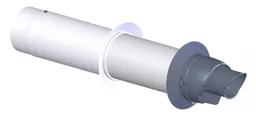
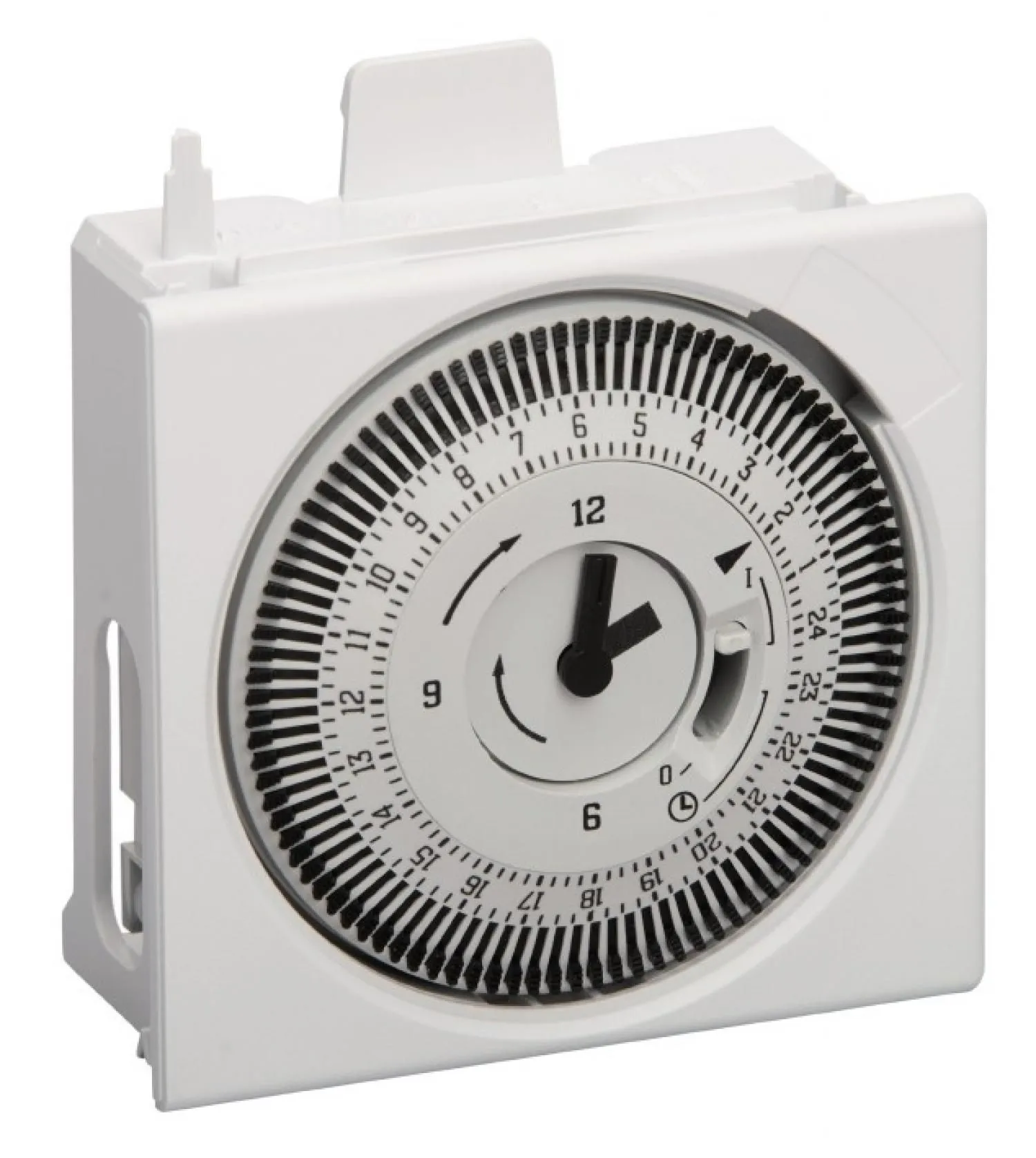
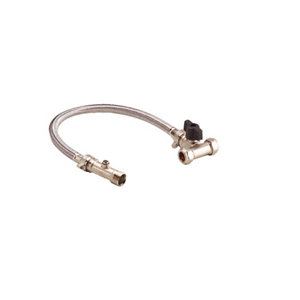


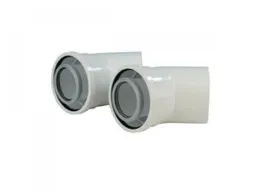




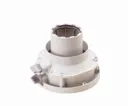
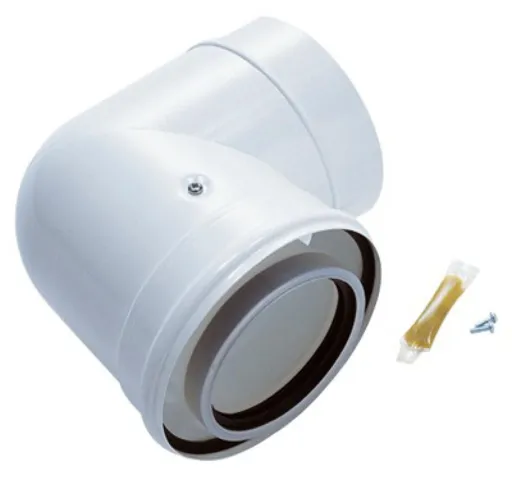
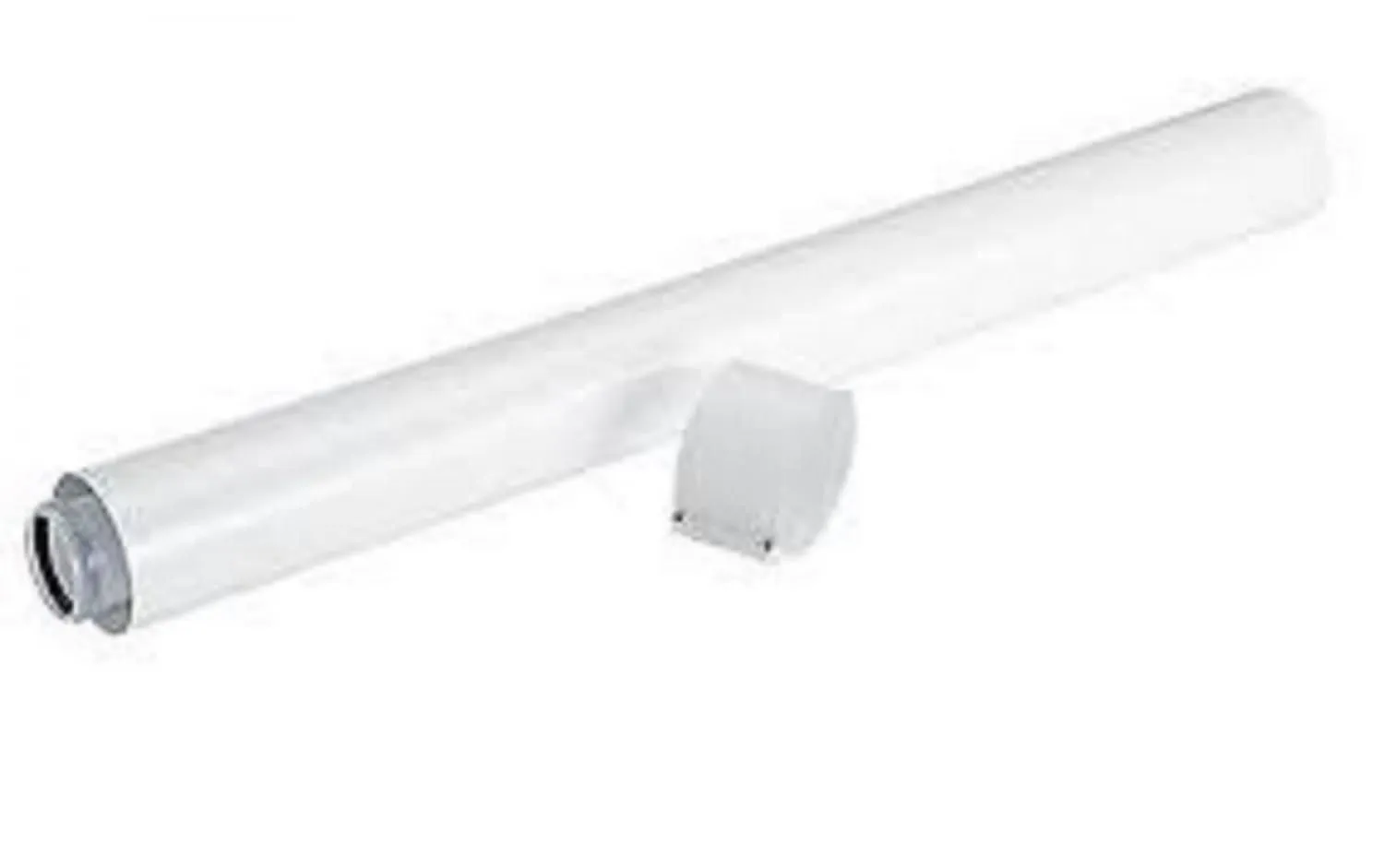
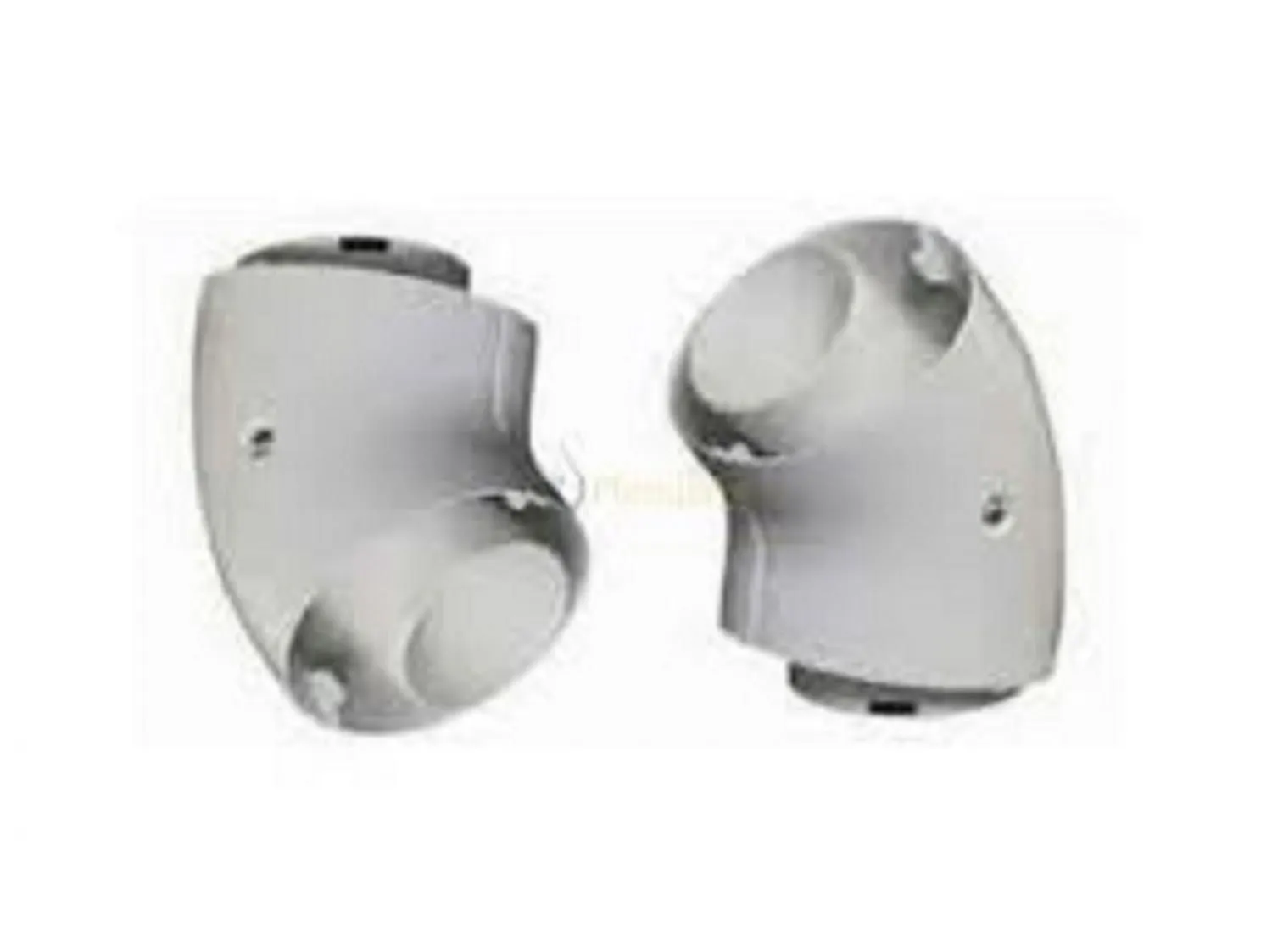
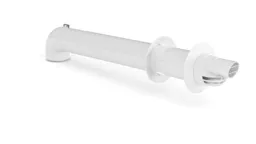

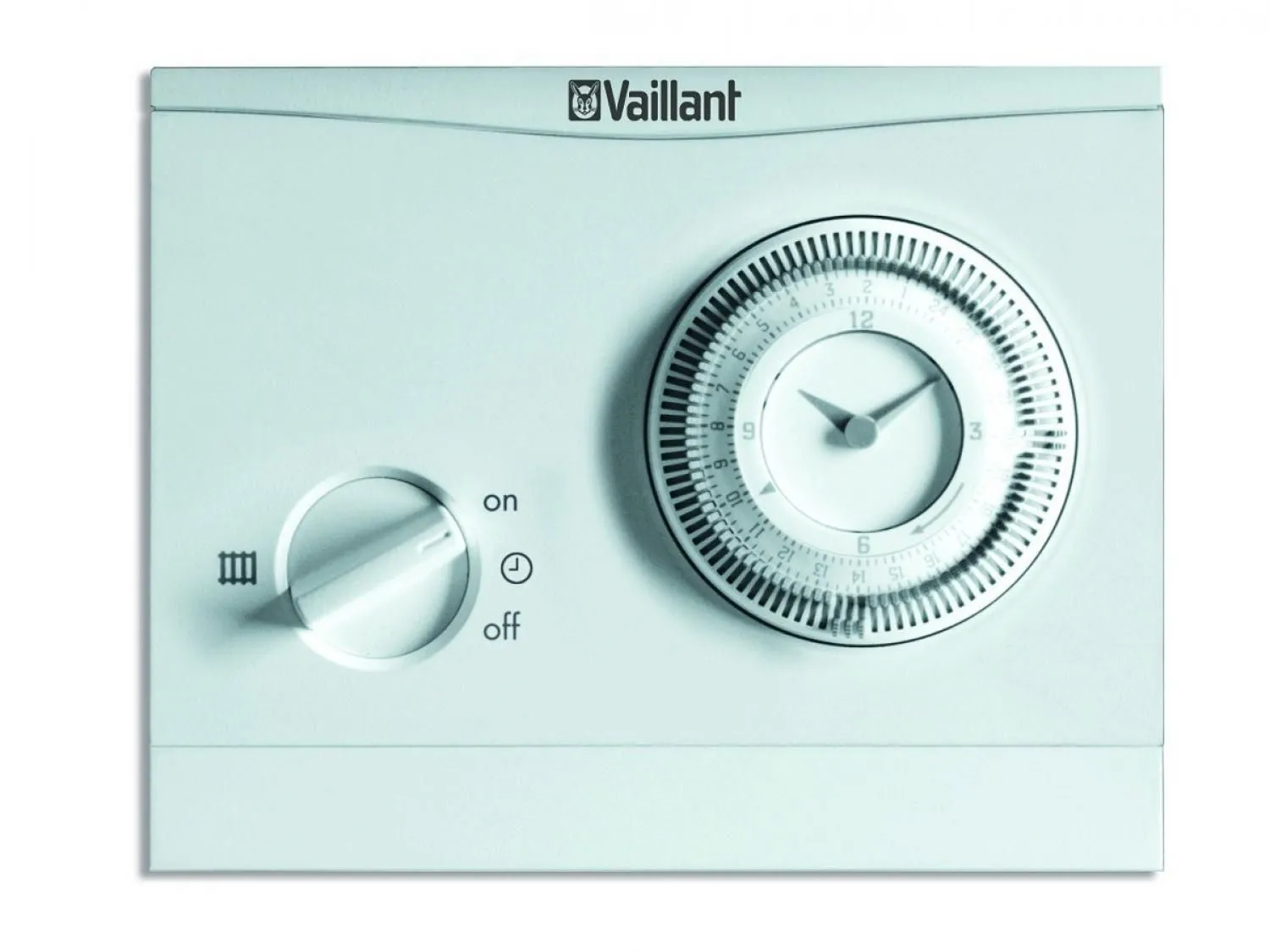
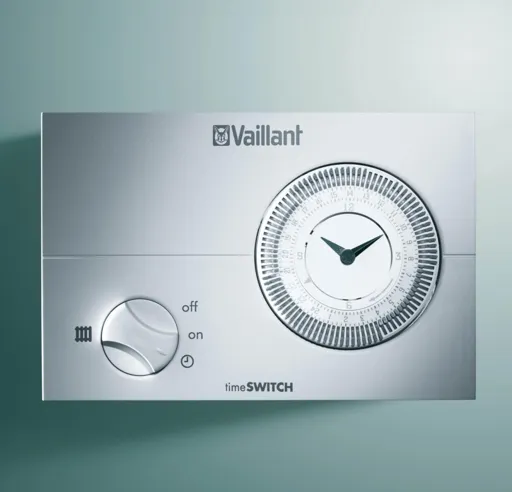


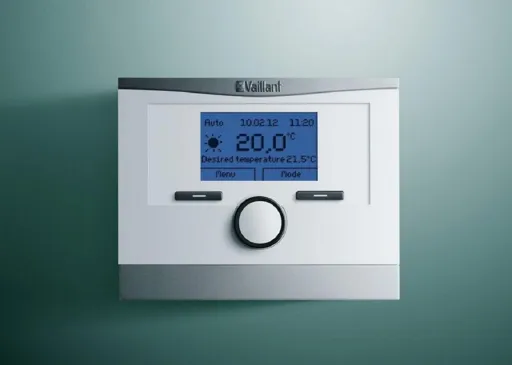
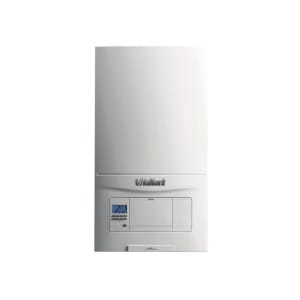
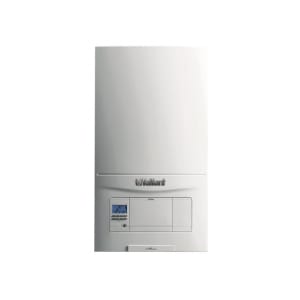
Frequently Asked Questions (FAQ)
Reducing a boiler pressure can be a fun and exciting task! By following the steps outlined here, you can easily reduce the pressure of your boiler in no time. First, you'll need to turn off the main water supply to your boiler. This can be done either by closing the stopcock or shutting off the mains water valve. Once that's done, locate the pressure release valve and open it up, allowing the pressure to escape. Then, turn the knob on the pressure gauge to the desired pressure – usually around 1 bar. Finally, turn on the water supply again and check the pressure gauge to ensure the pressure has been reduced to the desired amount. With these simple steps, you'll have your boiler pressure reduced in no time!
Are you wondering how much a boiler service costs? The answer depends on a few factors, such as the type of boiler you have and the complexity of the job. Generally speaking, a basic boiler service can cost anywhere from £50 to £200. However, if your boiler requires more extensive maintenance or repairs, then the cost can increase significantly. It's always a good idea to get a few quotes from different companies before committing to a boiler service. That way, you can compare prices and make sure you get the best deal. Having your boiler serviced regularly is essential for keeping it in good working order. Not only will it ensure that your boiler is running safely and efficiently, but it will also help you avoid costly repairs down the line. So don't wait - get your boiler serviced today and enjoy the peace of mind it brings!
Are you thinking of getting a new boiler for your home? If so, you'll be glad to know that it's a relatively affordable home improvement project. The cost of a new boiler can vary depending on the size, efficiency, and type of boiler you choose. So whether you're looking for a basic model or a high-end one, you'll be able to find a boiler that fits your budget. On average, you can expect to pay anywhere from £1,500 to £5,000 for a new boiler. Of course, you can save money by shopping around and comparing prices. You should also look into any rebates or incentives offered by your local energy company, as they could help to reduce the cost of your new boiler. In the end, it's up to you to decide which boiler is best for your home, but with a little research, you should be able to find one that fits your needs and your budget.
A combi boiler is one of the most advanced pieces of home heating equipment available today. It is a combination of a boiler and a water heater, enabling it to both heat your water and provide space heating to your home. This type of boiler is becoming increasingly popular as it can save space and energy, as it doesn't require two separate systems. It also eliminates the need for a hot water cylinder, as hot water is provided on demand. The combi boiler is highly efficient, as it only heats the water that you need, and no more. This makes it ideal for households with lower hot water usage, as it can reduce energy bills. It is also quite compact, making it ideal for smaller homes. With the combination of space-saving design and energy efficiency, the combi boiler is an ideal choice for any home.
Repressurising your boiler is a simple and stress-free process that can be done by anyone. All you need to do is locate the water filling loop and check the pressure gauge. If it's below 1 bar, then it's time to repressurise the boiler. To do this, open the filling loop and release the excess air until the pressure gauge reads 1 bar. Once the correct pressure is achieved, close the filling loop and check the pressure gauge periodically to make sure it doesn't drop. And you're done! It's as simple as that. The pressure should stay at 1 bar for optimal performance. If it drops again, simply repeat the process. Repressurising your boiler is an important step in ensuring that your boiler is working correctly and efficiently. So don't forget to check it regularly, and you'll be sure to get the most out of your boiler.